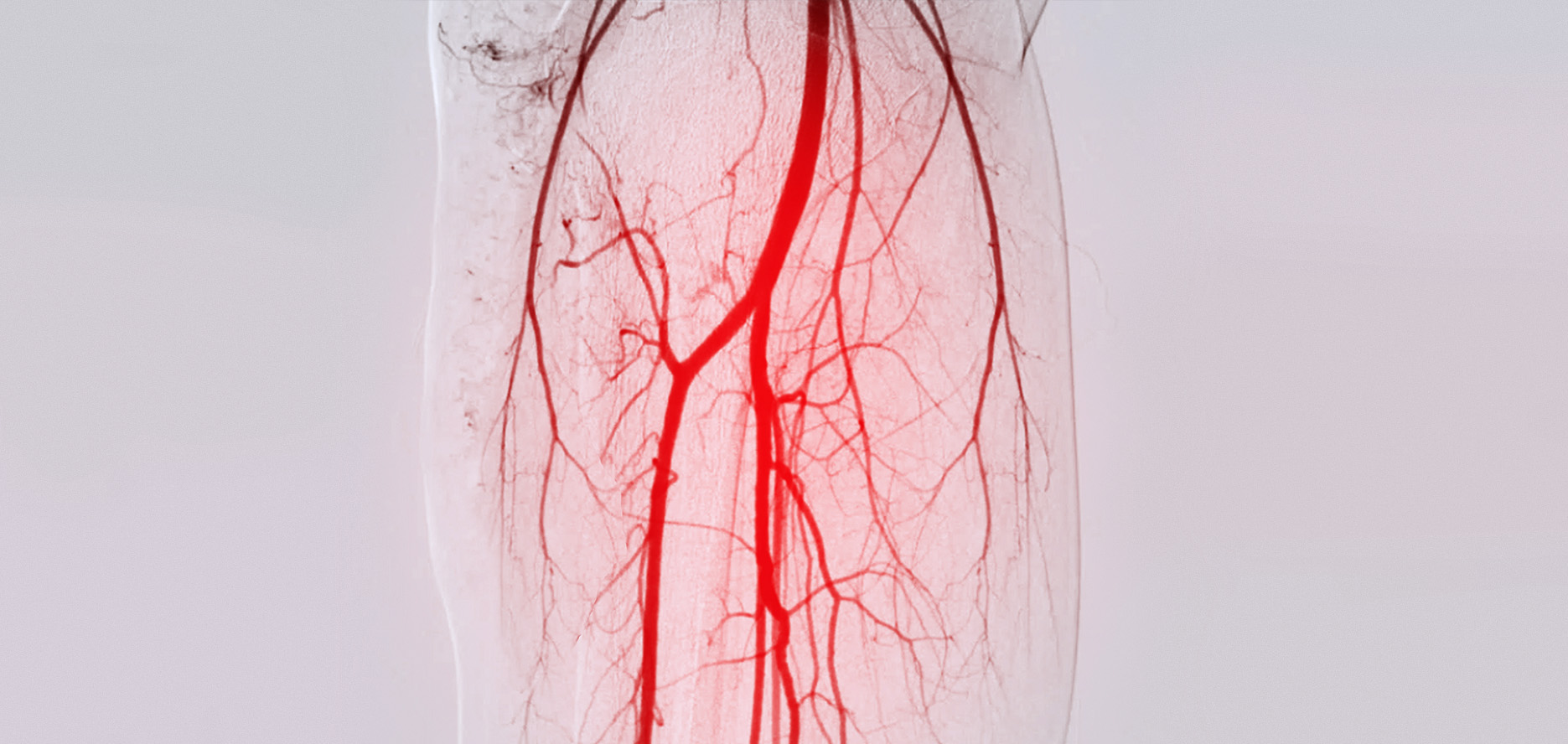A new study published in the Journal of the American Heart Association has revealed that brief episodes of anger, particularly when triggered by recalling past experiences, can negatively affect the function of cells lining the blood vessels.
The cardiologists in Sun City reported that this impairment can restrict blood flow and potentially increase the risk of heart disease and stroke. Interestingly, the study found that other negative emotions, such as anxiety and sadness, did not trigger the same changes in blood vessel function.
The Impact of Anger on Vascular Health
The study, led by Dr. Daichi Shimbo, a professor of medicine at the Columbia University Irving Medical Center in New York City, emphasized that impaired vascular function is associated with a heightened risk of heart attack and stroke. Dr. Shimbo noted that observational studies have established a correlation between negative emotions, particularly anger, and cardiovascular events. Despite this, fewer studies have explored the effects of anxiety and sadness on heart health, though they have also been linked with a higher heart attack risk.
To investigate whether different negative emotions affect blood vessel function, researchers recruited 280 adults who were randomly assigned to one of four emotional tasks for eight minutes. These tasks included recalling a personal memory that made them angry, recalling a memory that caused anxiety, reading depressing sentences to evoke sadness, or counting to 100 to induce a neutral emotional state.
Study Methodology and Findings
Participants’ blood vessel health was assessed before and after the emotional tasks. Researchers looked for evidence of impaired blood vessel dilation, increased cell injury, and reduced cell repair capacity. Measurements were taken at baseline (0 minutes) and at four different time points after the emotional tasks: 3 minutes, 40 minutes, 70 minutes, and 100 minutes.
The analysis revealed that tasks involving recalling past events that caused anger led to an impairment in blood vessel dilation from zero to 40 minutes after the task. After the 40-minute timeline, there was no impairment. Conversely, the anxiety and sadness tasks did not result in statistically significant changes to blood vessel function at any time point.
The cardiologists in Buckeye believed that investigating the underlying links between anger and blood vessel dysfunction may help identify effective intervention targets for people at increased risk of cardiovascular events.
Mental Well-Being and Cardiovascular Health
This study adds to the rising body of proof that mental well-being can considerably impact cardiovascular health. According to Glenn Levine, M.D., FAHA, who serves as the writing committee chair of the American Heart Association’s 2021 scientific statement on Psychological Health, Well-Being, and the Mind-Heart-Body Connection, intense acute emotional states, including stress or anger, might be related to cardiovascular issues. He noted that the current study effectively demonstrates how anger could have adverse effects on vascular endothelial health and function.
Dr. Levine highlighted that intense sadness or similar emotions can trigger Takotsubo cardiomyopathy, and events that provoke stress, such as earthquakes or watching a high-stakes soccer match, can lead to myocardial infarction and arrhythmias.
The cardiologists in Goodyear believed that the vascular endothelium, the lining of blood vessels, plays a crucial role in myocardial ischemia and atherosclerotic heart disease. While the mechanisms linking psychological states and cardiovascular health are not fully understood, this study takes us closer to defining them.
Assessment Protocol
Before the emotional tasks, participants relaxed in a temperature-controlled room for 30 minutes. Researchers then measured participants’ blood pressure and heart rate, followed by blood vessel dilation and blood sample collection. These measurements were repeated after the emotional tasks were completed.
The researchers assessed blood vessel health by measuring blood flow changes in the non-dominant forearm, counting biomarkers indicating blood vessel injury, and measuring levels of bone marrow-derived cells essential for vascular repair.
Limitations and Future Directions
The study’s limitations include its focus on young, healthy participants, making it unclear whether the results apply to older adults with other health conditions who are likely taking medications. Additionally, the study was conducted in a healthcare setting rather than in real-world situations and only assessed the short-term effects of evoked emotions.
Despite these limitations, the study underscores the significant impact of brief episodes of anger on vascular health and highlights the need for further research to understand the mechanisms linking negative emotions and cardiovascular health. The cardiologists in Goodyear believed that identifying these mechanisms could lead to effective interventions for individuals at increased risk of cardiovascular events, ultimately improving public health outcomes. Visit Advance Cardiovascular Center Today!



